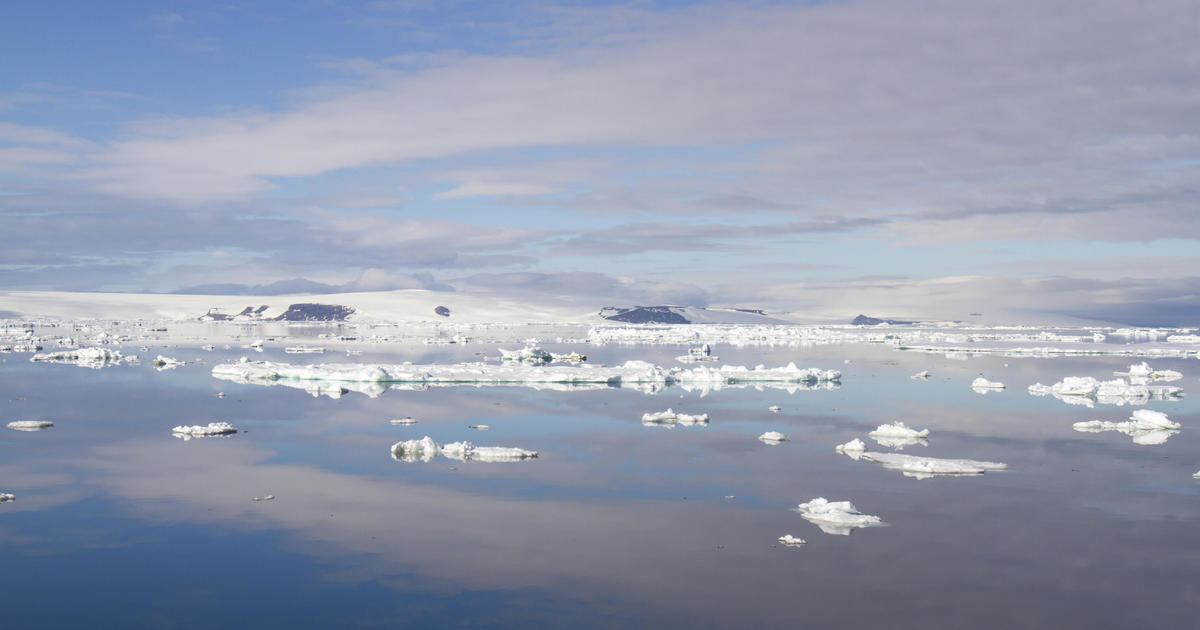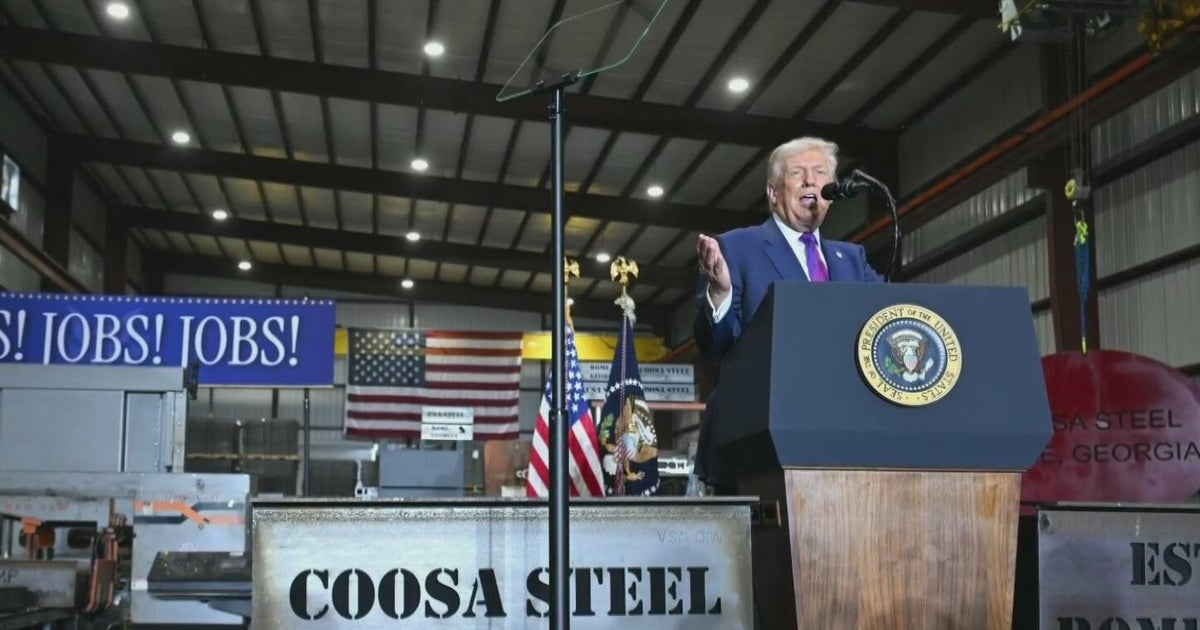After Trump's Paris exit, what about nuclear?
At the heart of President Donald Trump's pulling the U.S. out of the Paris climate accord is his conviction that America should make full and unfettered use of its domestic energy sources. That means coal, certainly. But it also includes nuclear energy, the nation's third-largest power source.
In early May, U.S. Energy Secretary Rick Perry said the nation needs "to be a supporter of this amazingly clean, resilient, safe, reliable source of energy."
Trouble is, nuclear's future is far from glowing. Although widely used, nuclear energy has far too many problems, ranging from high reactor construction price tags to everlasting nuclear waste to competition from cheaper natural gas.
Also, backing out of the Paris deal undercuts the one thing nukes really had going for them -- zero carbon emissions. Only coal, which electric utilities want to phase out due to its high greenhouse gas output, has a worse outlook.
Nuclear plants -- the U.S. now has 99 commercial reactors -- are closing, not opening. Nuclear's woes came into view last week when power company Exelon (EXC) announced it would shut down its money-losing Three Mile Island plant, site of the nation's worst commercial nuclear power accident. The Pennsylvania facility will close in two years unless the company can convince the state to give it a financial rescue.
For nuclear to be competitive, said Nicola De Blasio, a fellow at the Center for Energy Policy at Columbia University, "overnight, capital costs need to go down," and the public has to realize it's "a zero carbon-emitting power generation source." But a Gallup survey last year found that 54 percent of Americans oppose nuclear energy, the first time a majority was against it
The best case for nuclear after the president's exit from the climate treaty, said Christina Simeone, director of policy at the Kleiman Center for Energy Policy at the University of Pennsylvania, is that "backing out of Paris will embolden state actions to reduce carbon, which may help some nuclear plants." But she's not optimistic about nuclear's fortunes.
Nor is the stock market. The exchange-traded fund (ETF) that invests in the fuel for nuclear reactors, Global X Uranium (URA), surged after Mr. Trump's election. But since late March, when the industry's problems reasserted themselves, the ETF has drooped by a third. It was off almost 1 percent in Friday trading. While all energy ETFs have dipped from their spring peaks amid uncertainty about the sector overall, uranium has dropped more. The others' falls are in the low-teens.
In the past five years, six nuclear generators were closed in the U.S., all for financial reasons, and two more are slated to go dark. They all were losing money, with competition from natural gas a major culprit. When Duke Energy (DUK) shuttered the Crystal River station in Florida in 2013, it cited broad-ranging repairs ($3.4 billion) the facility needed. The company found such an outlay not worthwhile in view of the plant's poor financial picture.
Making matters worse, Pittsburgh-based Westinghouse, the unit of Japan's Toshiba that builds and runs reactors, filed for bankruptcy protection in March. That leaves General Electric (GE) as the sole U.S. reactor maker.
And when a nuke is closed, its output must be replaced, and that usually means turning to natural gas -- which does emit carbon, albeit less than coal does. According to the Nuclear Energy Institute, the industry's trade group, when the Vermont Yankee nuclear generator closed in 2014, carbon emissions in New England went up 7 percent.
As the third-biggest source of U.S. electrical power, nuclear provides 19.7 percent of the country's juice, said the U.S. Energy Information Administration. The leader is natural gas at 33.8 percent, with coal in second place, at 30.4 percent. The rest are renewables, like hydropower (6.5 percent), wind (5.6 percent) and solar (0.9 percent).
Nuclear energy has its pluses and minuses. On the minus side, nuclear plants are very costly to construct and can take up to 10 years before generating any power. The Energy Information Institute puts the cost of building a natural gas-fired generating plant at $696 per kilowatt. The OECD Nuclear Energy Agency finds the tab for a new nuke to be more than seven times that.
Then there are safety concerns. In the 1979 Three Mile Island incident, the reactor's coolant leaked out, prompting the core to overheat. Radioactivity escaped into the atmosphere, and 140,000 people had to be evacuated.
Worse was to come: The 1986 Chernobyl disaster in Urkaine, when an explosion in the plant created massive fallout and killed 31 people; and the 2011 Fukishima accident in Japan, where an earthquake and tsunami wrecked the power station. This led Japan to close all its nuclear plants.
On the positive side, nuclear is a carbon-free source that runs 24/7 and, aside from Three Mile Island, has a solid safety record in the U.S. In the decades since that near-meltdown, engineers have figured out ways to make the plants easier to build and maintain. The old method of surrounding the core with coolant, for instance, used to depend on pumps, which can fail. The new approach is to use gravity.
Another positive: Unlike with natural gas or any other form of energy, nuclear power does not have an electricity storage problem. The reactor core is tapped for power as needed.
Under President George W. Bush, the federal government backed nuclear energy and provided tax breaks and financial aid. That mostly ended under President Barack Obama. In addition, the Obama administration canceled the Yucca Mountain project, the Nevada site chosen for permanent burial of the nation's 70,000 tons of radioactive waste.
The Trump administration wants to allocate $120 million to resume Yucca Mountain and has indicated it favors nuclear energy in general. Thus far, though, Mr. Trump seems more focused on coal's resurrection.
Still, the bottom line, said Penn's Simeone, is that "utilities don't want to risk nuclear."



